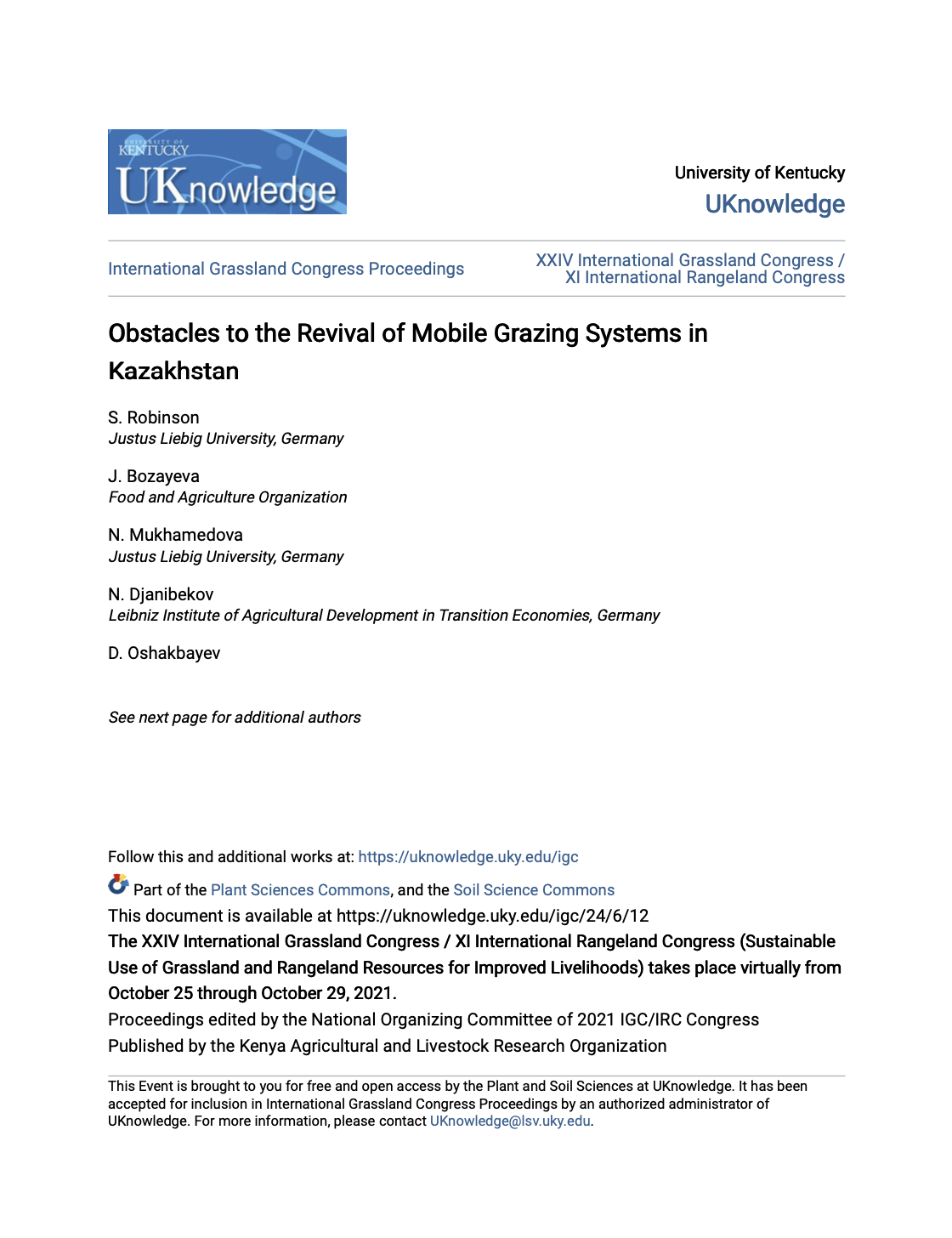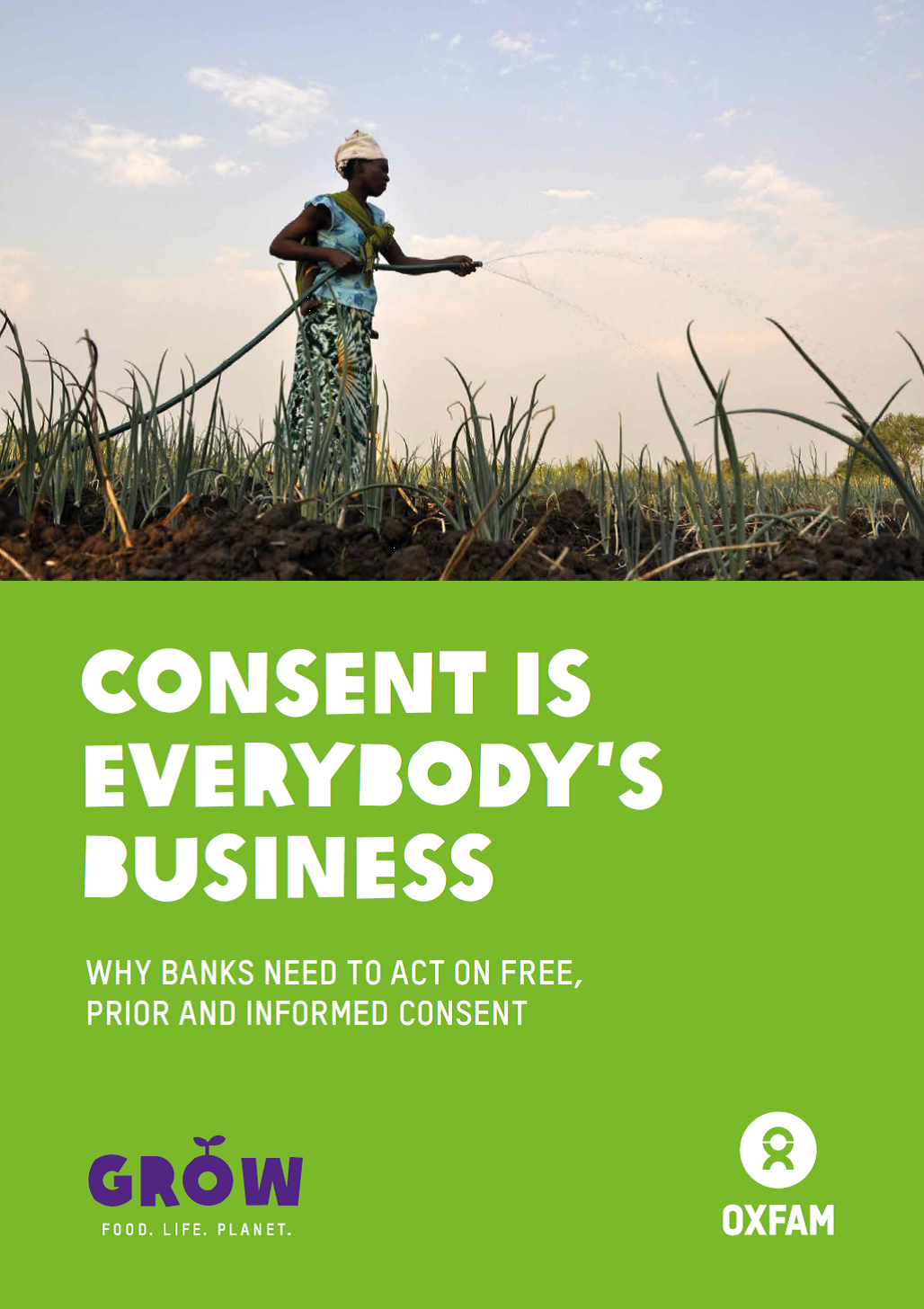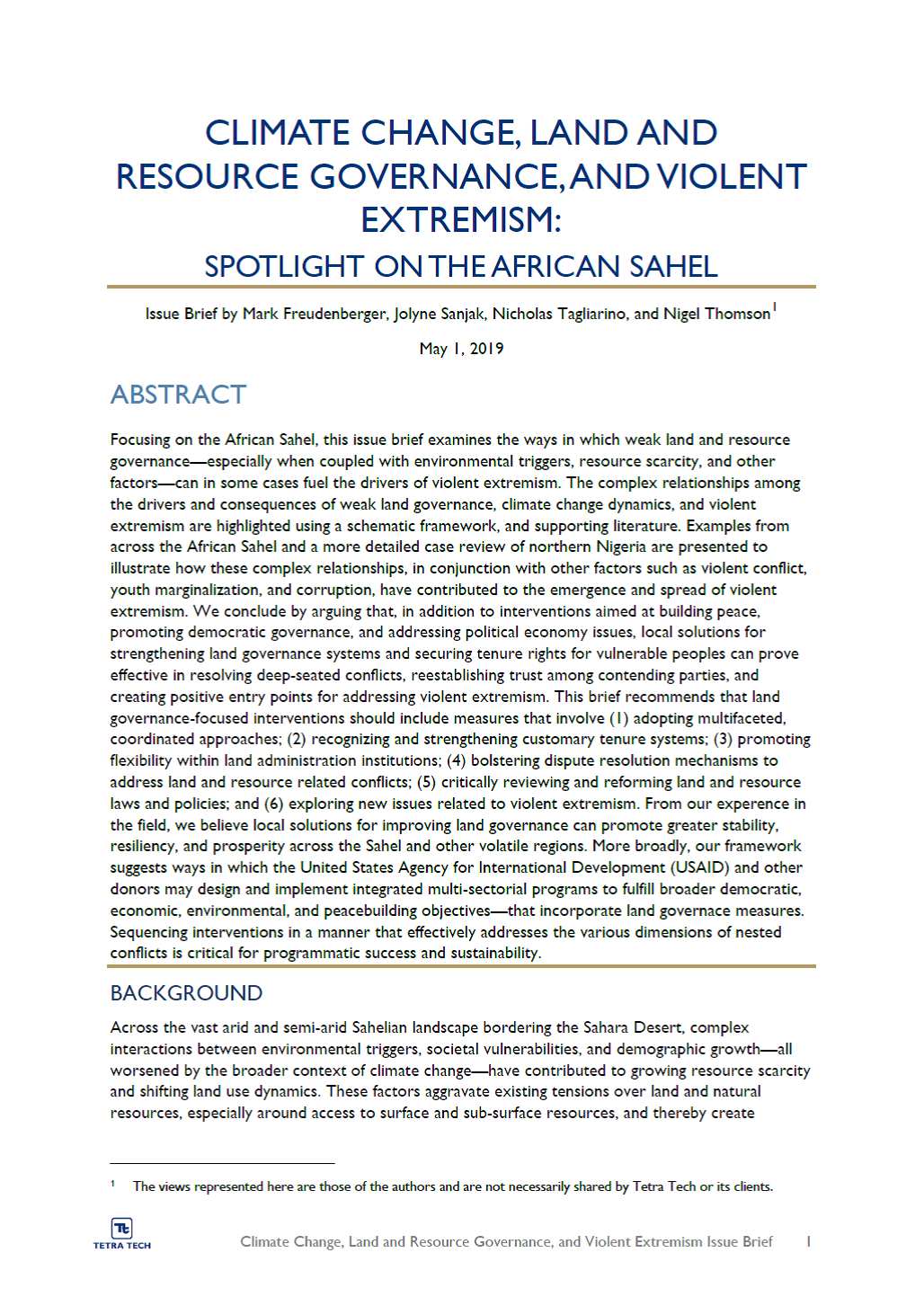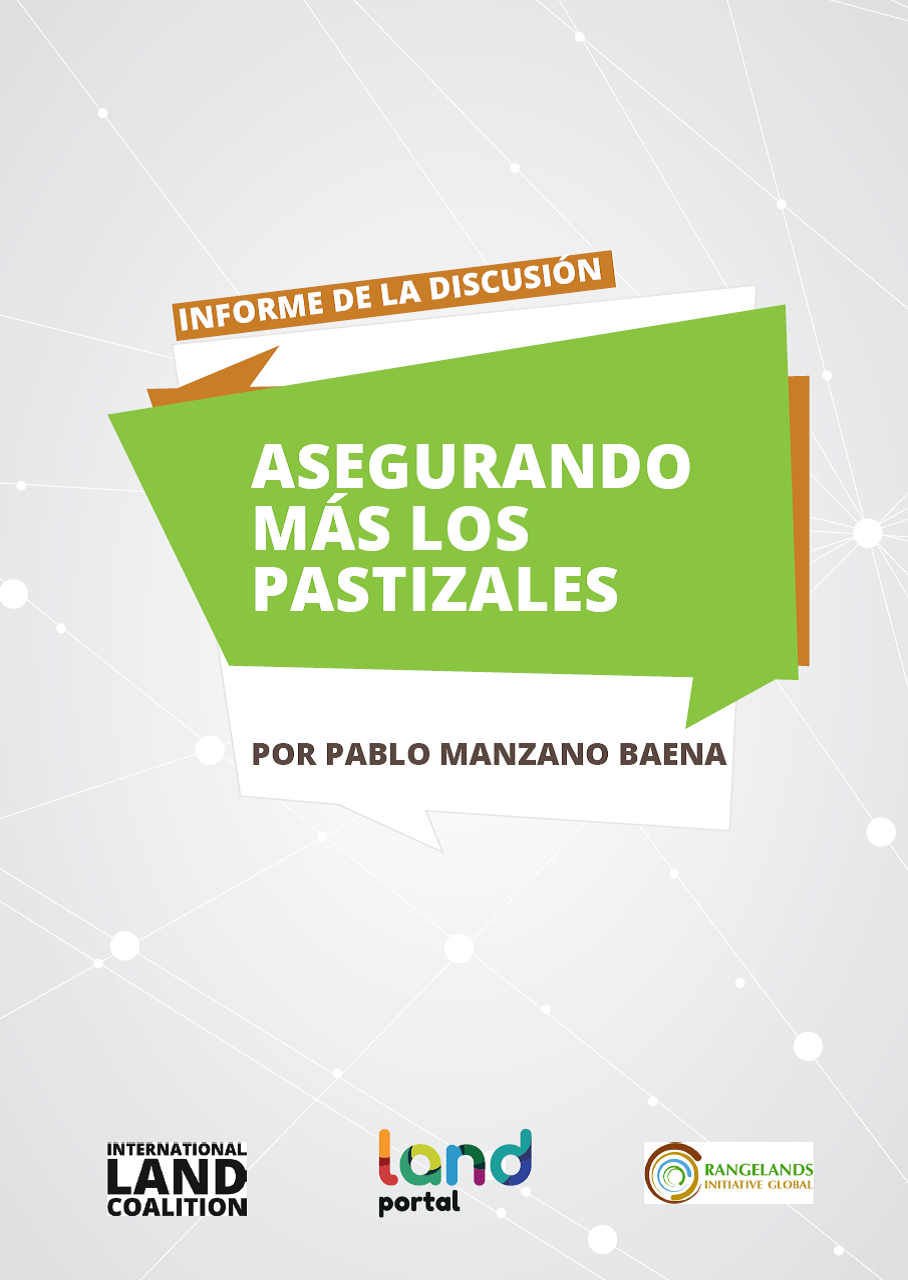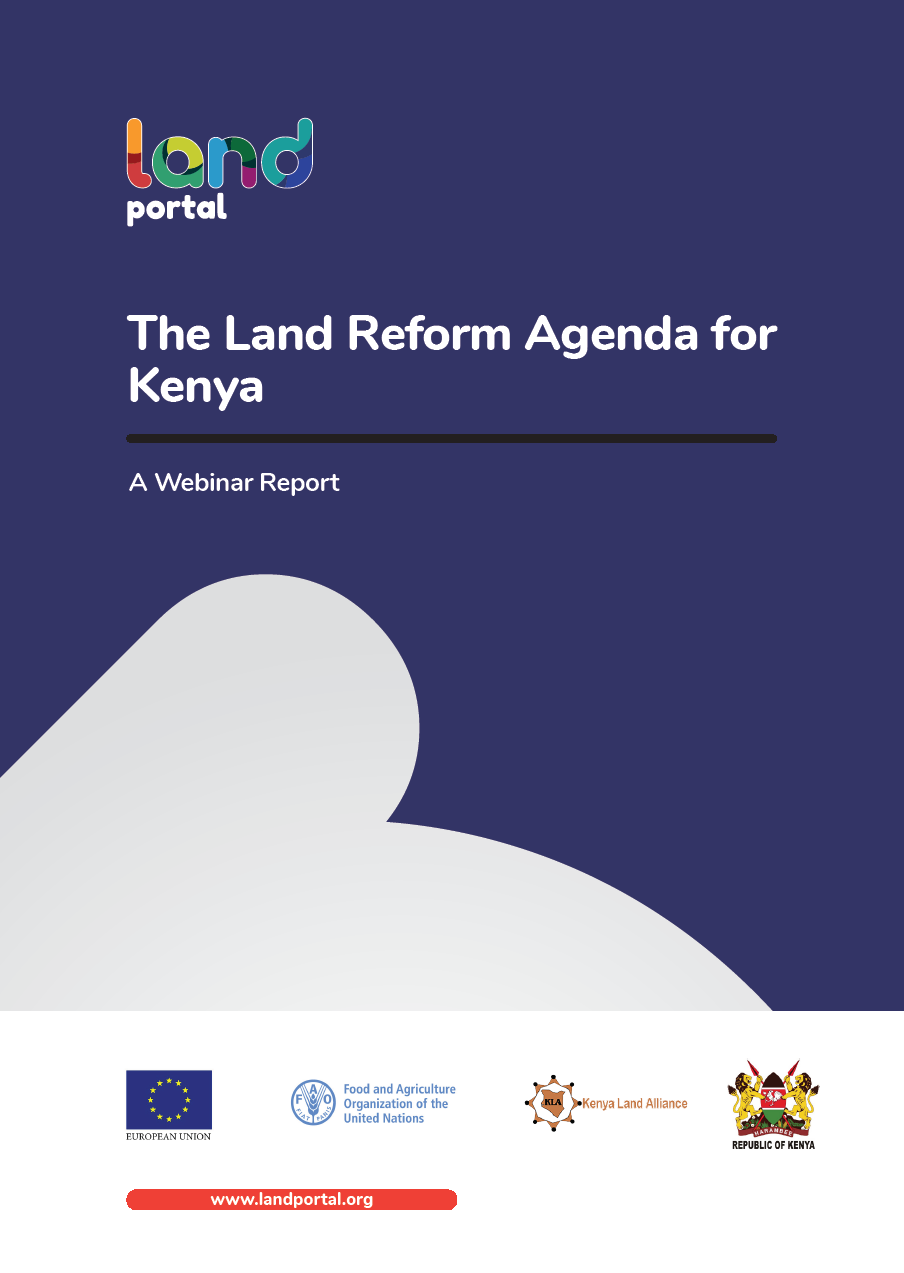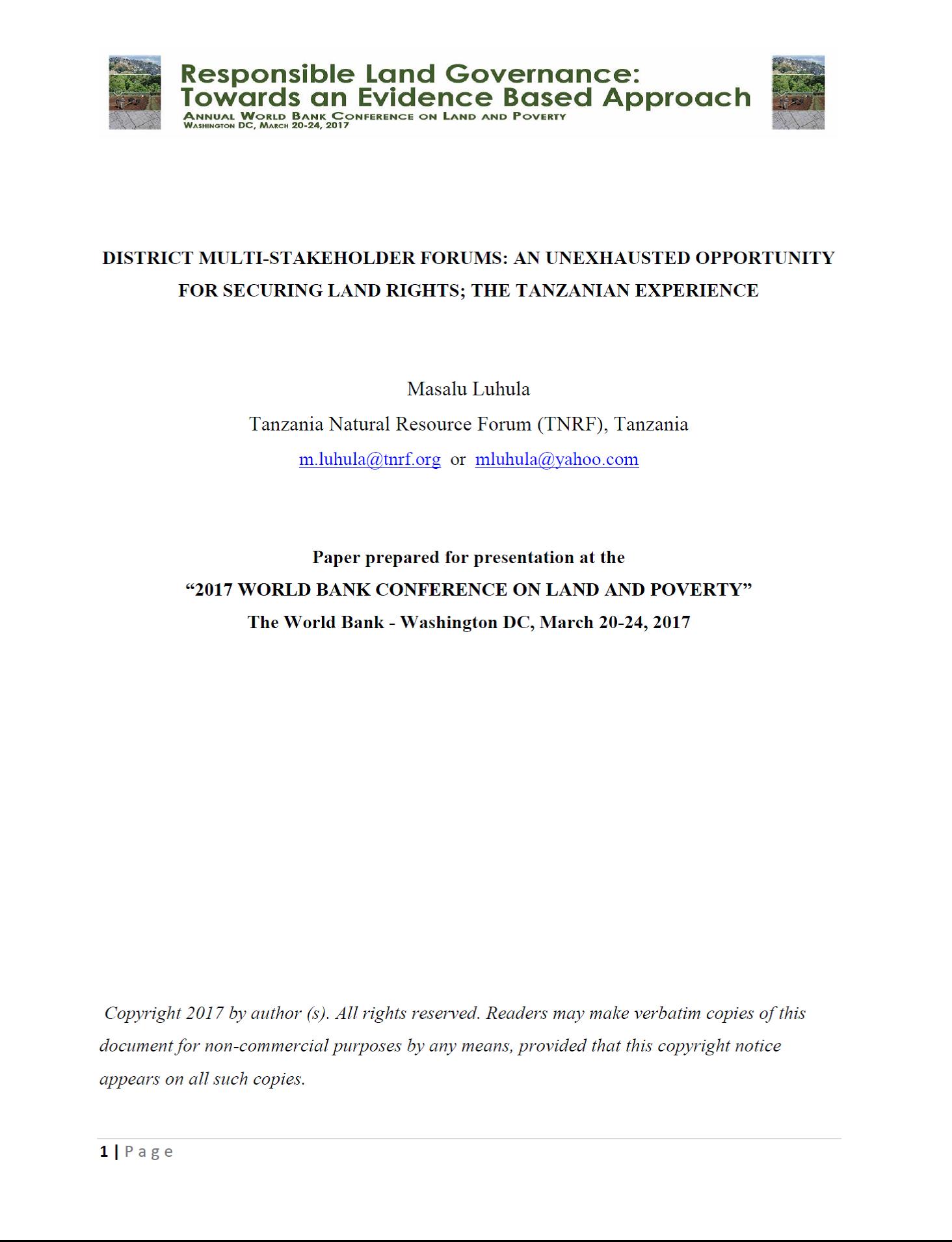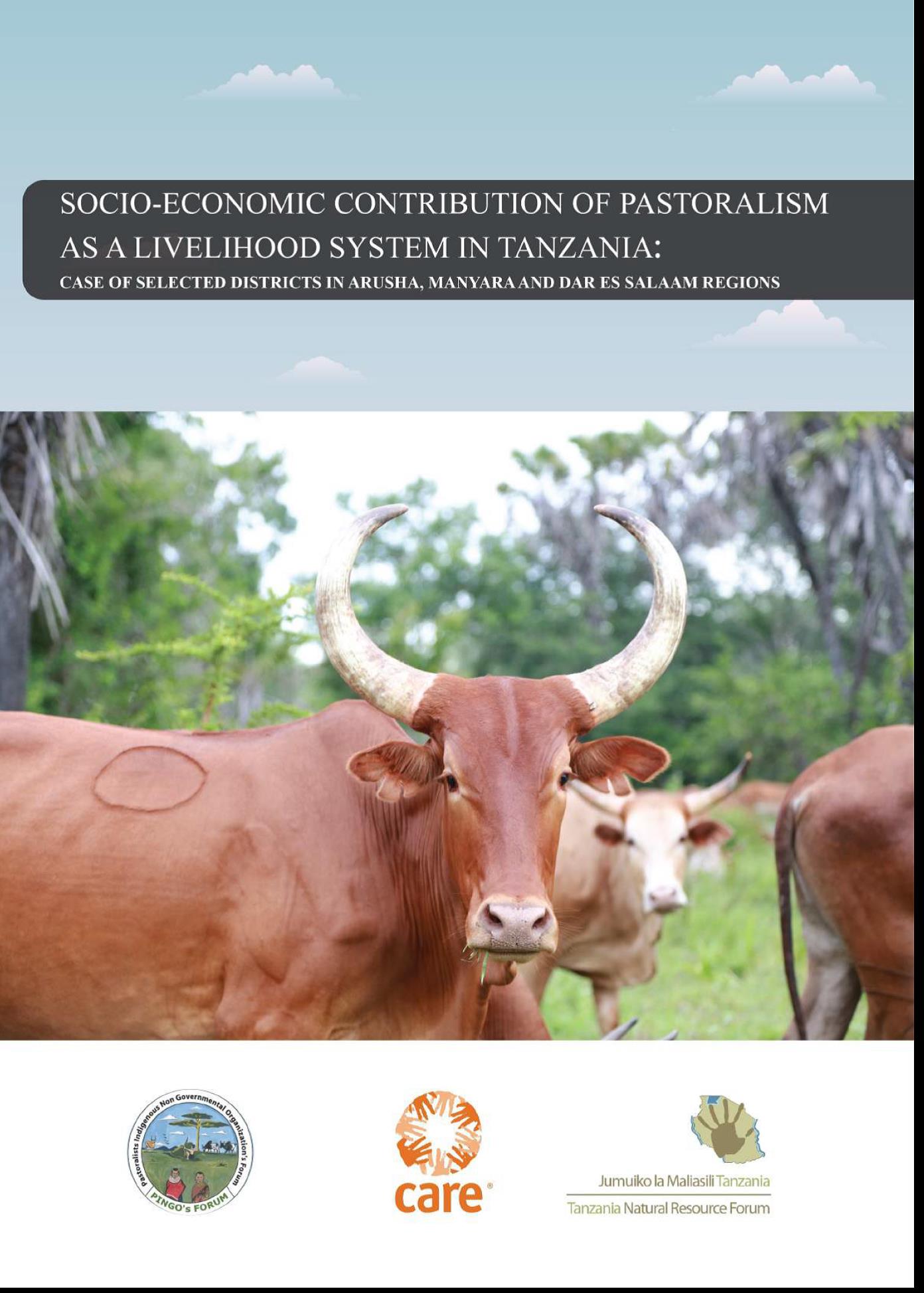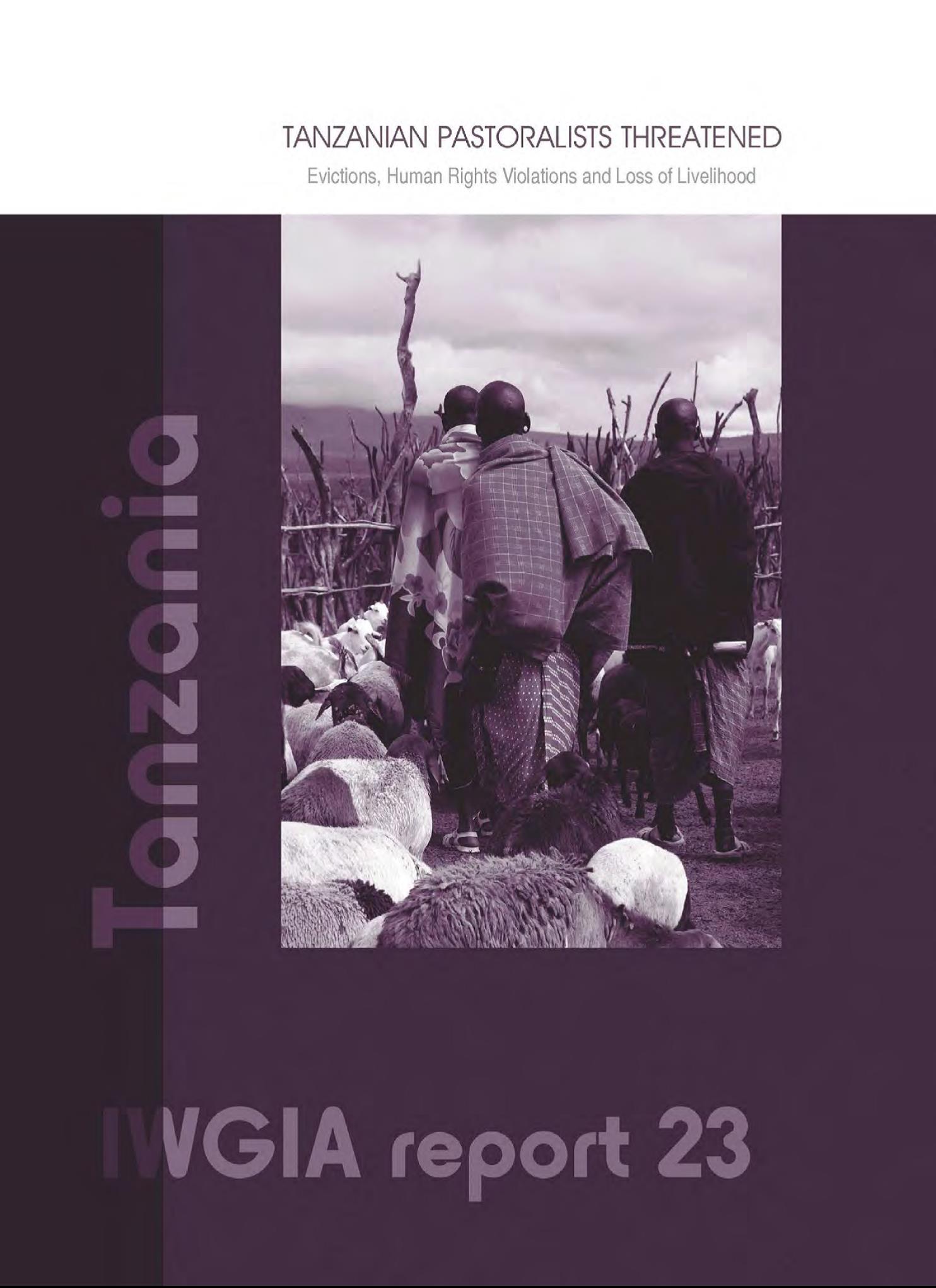Obstacles to the Revival of Mobile Grazing Systems in Kazakhstan
Livestock mobility was an essential characteristic of Kazakh livestock production systems, allowing animals to take advantage of spatial and temporal variability in climate and vegetation, optimising forage intake over the year. These systems broke down following the end of the Soviet Union. In this paper we examine the extent and determinants of the recovery of mobile livestock husbandry in south-eastern Kazakhstan, using surveys and semi-structured interviews with livestock farmers and rural households (holding livestock but not registered as farms).

